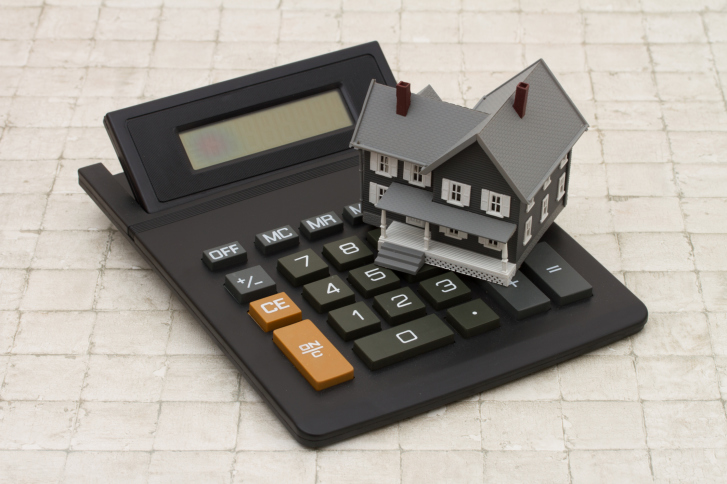Understanding ‘PITI’ and What Goes in to Your Monthly Payments
 Ask any friend or family member that owns a home and they will share that it takes a bit of management to keep all the expenses under control. Let’s explore the concept of PITI and why it is vital to have a clear picture of how much your home is costing you each month.
Ask any friend or family member that owns a home and they will share that it takes a bit of management to keep all the expenses under control. Let’s explore the concept of PITI and why it is vital to have a clear picture of how much your home is costing you each month.
Just What Is PITI, Anyway?
PITI is an acronym that stands for “principal, interest, taxes and insurance,” which are the four main components that make up your housing costs.
Principal – this is the amount that you are paying against the total amount that you borrowed when you purchased the home. For example, if you used a mortgage to cover $200,000 of the home’s purchase price, the remaining balance of that $200,000 is the principal. A part of your monthly mortgage payment goes to paying down the principal.
Interest – this is the extra cost that the lender charges for the service of lending you the principal amount. For most mortgages, you will see this expressed as an “interest rate” which is a small percent charged on the loan. A portion of your monthly mortgage payment goes to paying down the interest owed.
Taxes – tax costs are not included in your monthly mortgage payment, but will be added by your lender as part of your yearly expenses when calculating your debt-to-income ratio (see below). Property taxes and other assessments will need to be paid each year.
Insurance – this is the cost of insuring your mortgage and your home. Like taxes, your mortgage lender will typically include some insurance costs in your DTI ratio calculation.
How Lenders Use PITI
Many mortgage lenders use some form of PITI calculation when determining your debt-to-income ratio. This ratio helps the lender understand your ability to manage your monthly mortgage payments without being at risk of missing one. The lower the ratio, the more likely you can afford all your monthly expenses.
Don’t Forget Your Other Monthly Expenses
Finally, don’t forget that along with PITI you will have a variety of other monthly expenses that need to be budgeted for. Leave some space for utilities, repairs and other renovations that need to be made throughout the year.
Once you have the full picture of what is coming in and going out each month, managing your expenses is easy. When you are ready to discuss or apply for a mortgage, get in touch with us. Our friendly team of mortgage professionals is happy to help.
 If you are looking for a way to diversify your investment portfolio, there are different options available. One option is to invest in real estate. With so many different choices, how can you select the right one for your needs? There are a few key points to keep in mind.
If you are looking for a way to diversify your investment portfolio, there are different options available. One option is to invest in real estate. With so many different choices, how can you select the right one for your needs? There are a few key points to keep in mind. If you are interested in purchasing a home, how much money should you put down? This is a difficult question that all potential homeowners need to answer, as it will dictate the size and location of the house you can afford. There are a number of factors to consider, so what do you need to know?
If you are interested in purchasing a home, how much money should you put down? This is a difficult question that all potential homeowners need to answer, as it will dictate the size and location of the house you can afford. There are a number of factors to consider, so what do you need to know?